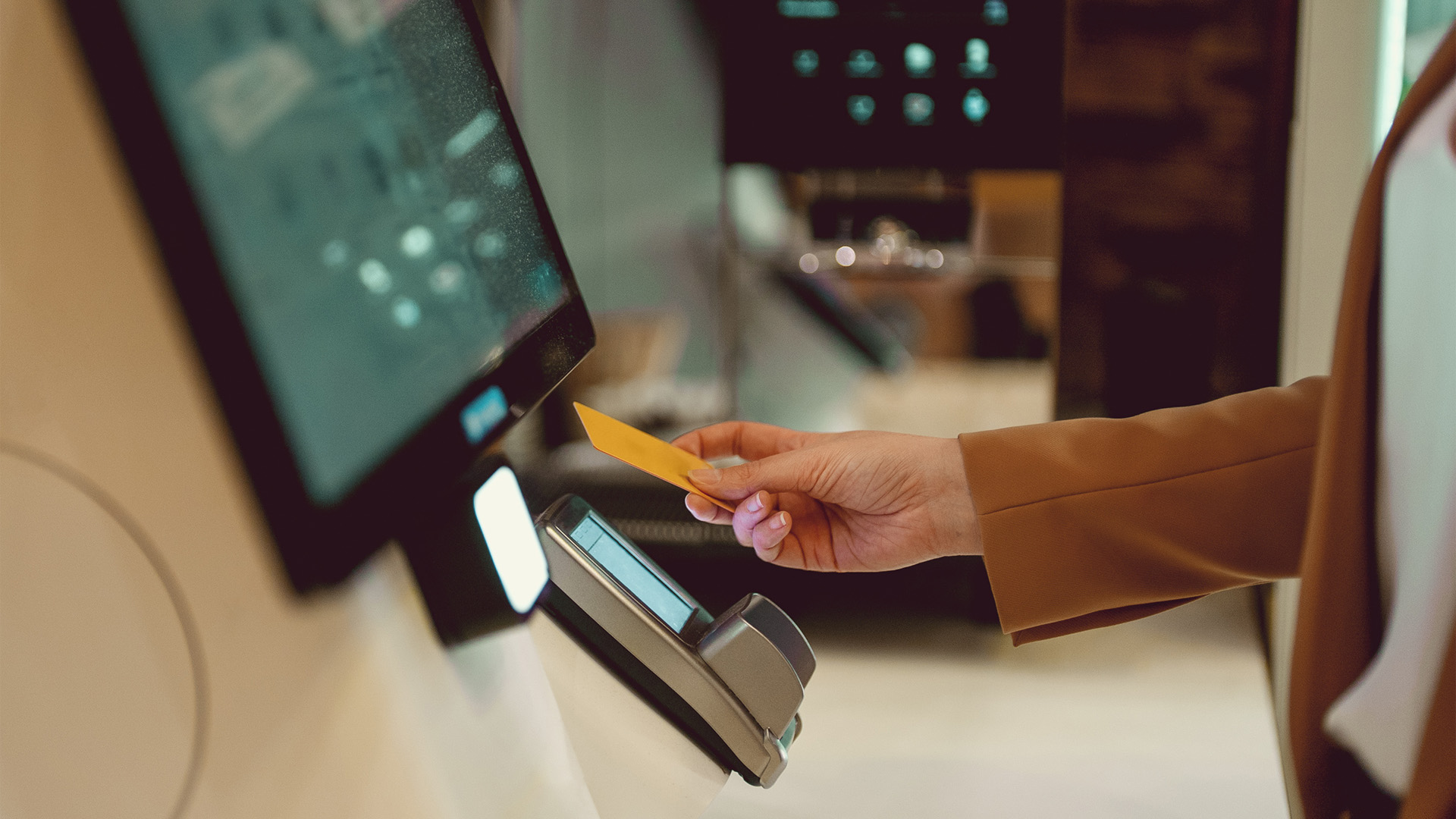The Role of POS in Creating a More Organized Storefront

In today’s retail environment, customer expectations are higher than ever. People want clean, fast, and organized shopping experiences—whether they’re walking into a boutique, supermarket, electronics store, or any type of retail outlet. One of the biggest tools helping businesses meet these expectations is the modern Point of Sale (POS) system. More than just a machine for billing, a POS has become the central hub that keeps your entire storefront running smoothly, efficiently, and in perfect order.
A well-organized store relies on systems that work seamlessly in the background. This is where a POS system makes the biggest impact. It connects sales, inventory, staff activity, product information, payment methods, and customer data into one unified platform. When everything is synchronized, both customers and employees experience a smoother, more structured environment.
One of the clearest ways a POS helps organize a storefront is through real-time inventory management. Manually keeping track of stock often leads to confusion, misplaced items, or incorrect quantity counts. A POS solves this by updating inventory automatically with every sale and every stock entry. This prevents overstocking, understocking, and the common frustration of realizing the shelf display doesn’t match the actual stock. Employees waste less time searching for items, and customers get accurate information instantly—both of which lead to a cleaner, more organized shopping experience.
Another major advantage is speed and accuracy at the checkout counter. Long queues and slow billing create chaos at the storefront. With a POS system, scanning items, applying discounts, and accepting multiple payment methods becomes fast and error-free. Faster checkout lines mean more space, less crowding, and a better visual environment. When cashiers don’t have to manually calculate totals or search for product information, the store runs more smoothly and efficiently.
The POS system also helps streamline store layout and product placement decisions. Many modern POS solutions generate detailed analytics that show which items are selling fast, which need reordering, and which may be taking up space without moving. Retailers can use this information to arrange the store more intelligently—placing best-sellers near entrances or at eye level, while clearing out slow-moving stock. This doesn’t just help increase sales; it keeps the storefront clean, uncluttered, and easy for customers to navigate.
Another often overlooked aspect is employee management. A disorganized team usually reflects onto the store’s appearance. POS systems track staff performance, monitor who handled which transaction, and help assign roles more efficiently. When staff members know their responsibilities and understand the flow of tasks, the store stays clean and well-managed throughout the day. Training also becomes easier because employees only need to learn one unified system instead of multiple manual processes.
A POS system further contributes to storefront organization through consistent pricing and product labeling. Price mismatches on shelves can cause confusion, reduce trust, and lead to disputes at checkout. With POS-generated barcodes, labels, and automated pricing updates, the store remains consistent from shelf to counter. This not only improves customer satisfaction but also eliminates unnecessary stress for staff who previously had to manually update price lists.
Finally, modern POS platforms help maintain overall operational order by providing clear, structured reporting. With daily summaries, sales reports, stock updates, and staff logs available at any time, store owners can understand the complete picture of their business. This clarity supports better planning, smarter decisions, and a more organized daily routine.
In a world where retail competition grows stronger every year, maintaining an organized storefront isn’t just an option—it’s a necessity. A POS system acts as the backbone of this organization. From inventory to checkout, from employee roles to customer flow, a modern POS brings efficiency, clarity, and control to every corner of your store. It keeps operations running smoothly, ensures customers enjoy a clean and structured space, and ultimately helps your business grow with confidence.






